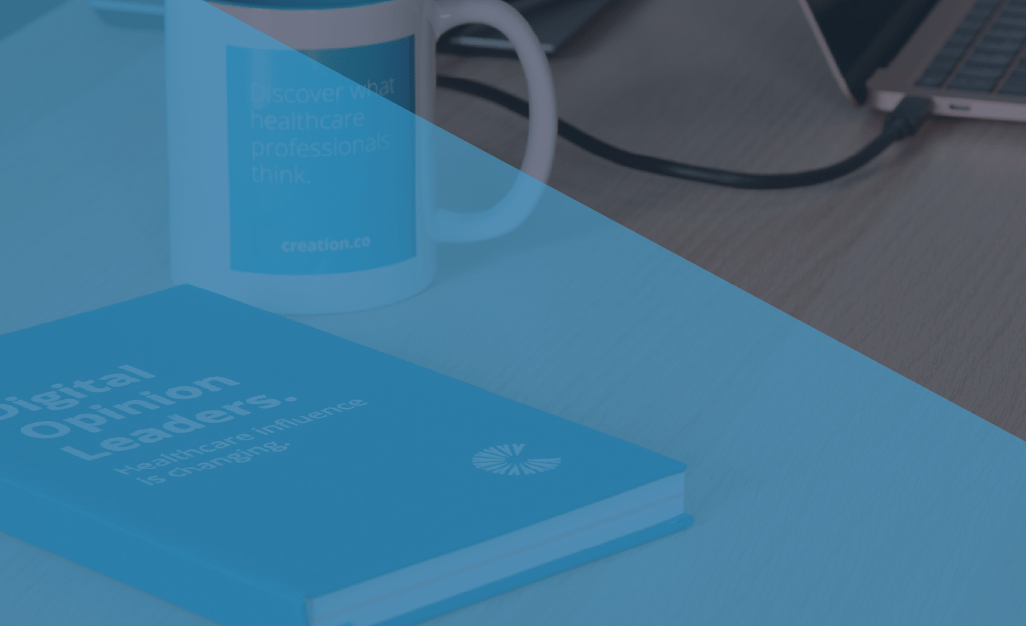November 10-12 2014 saw the Health 2.0 Europe conference take place in London. The conference brings together some of the biggest health tech innovators in the world and showcases what the future could be like for healthcare.
The days were split into sessions covering different aspects of digital health and innovation from looking at new technology being used in other parts of the world to the ‘unmentionables’ session covering the taboo subjects that often get looked over.
There were lots of people presenting their apps, websites and pieces of wearable technology. Here I am going to highlight some of those that stood out to me.
A lot of the conference concerned using more technology within health systems, with emphasis on the NHS for this conference held in London. There were lots of apps and online systems for monitoring health and bridging the gap between visits to the doctor.
PatientSource was one of the best digital healthcare systems that was presented and came across as a comprehensive and well put together system. Founded by a practising Doctor the interface was similar to what healthcare professionals are already used to and it was user friendly for the patient updating their health records at home. There were many variations of a similar design presented at the conference – all aiming to offer the best way in which to move patients data online and offer them a faster and safer service.
There were lots of great apps showcasing how much mobile health will be part of our futures. It was even said that we should no longer call this mobile healthcare and just healthcare because it should just be part of our everyday lives. I will mention a few below that stuck in my mind –
- mySugr offer a number of apps to help people with diabetes – they use a mixture of quizzes and game play for younger sufferers to help with the mindfield of information given to someone when they are diagnosed.
- Doctor Gratis is a free telemedicine app that allows people to gain access to a Doctor via an app. It is being used in developing countries where it is sometimes difficult to travel to a Doctor or where it may be dangerous for the patient to travel in public – with contagious diseases. The app is being used in West Africa now helping people who think they may have caught Ebola.
- Remente sell themselves as a gym for your mind – a great way to keep your brain active whilst also giving you more motivation and drive. The app works with the user to identify goals and ways in which to achieve those.
One app that got a lot of attention at the conference was 2nd Aid – an app aimed at sick children to help them cope with whatever disease they are fighting. The app has been developed by a group of young social entrepreneurs – all around 14 years old who wanted to produce something that was for those of a similar age to themselves but also something that would make a difference. The app offers games and TV shows to distract children while they are in hospital while also presenting bitesize information to help them better understand their diagnosis.
As mentioned earlier one of the sessions covered was the ‘unmentionables’ and this turned out to be one of the most popular sessions. A chance to talk about those issues that are often ignored or brushed under the carpet, from caring for family members to mental health. One of the biggest taboo subjects is that of death.
An interesting concept came from Dead Social – a social media end of life tool. The website allows you to upload messages and videos to your Facebook and Twitter accounts, only to be posted once the user has passed away. To some it seems like a strange idea to be posting online once you have died but the idea gave an interesting insight into how much people regard their online presence and the importance of being able to use to possibly comfort their families once they have passed away.
Health 2.0 Europe brought together some really forward thinkers presenting great ways to revolutionise healthcare now and into the future. It was a very interesting couple of days and showed that we have great technology available now to improve healthcare. The problem seems to be getting these technologies taken up by the healthcare providers and with so many on offer how are they meant to choose the best one for their patients?

